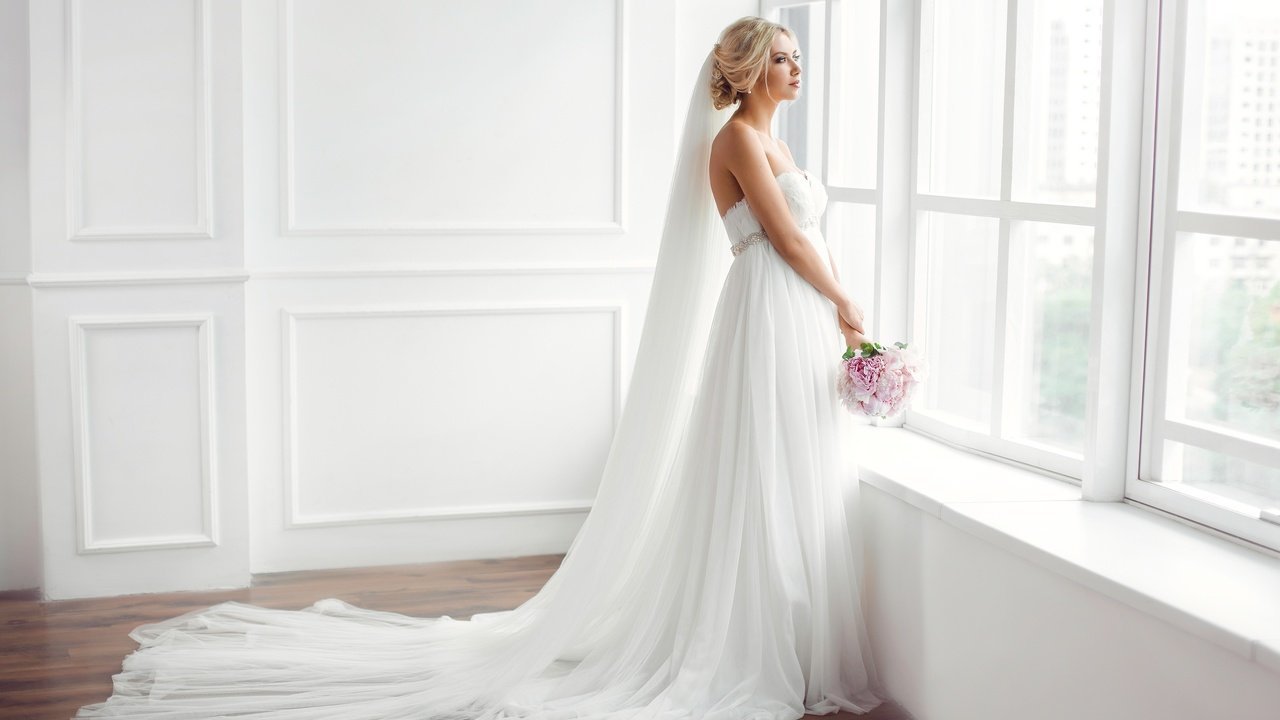
Lolita Dress: A Fusion of Elegance and Subculture
Lolita garments, born from the streets of Harajuku in Tokyo, Japan, have captivated style lovers internationally with their specific combination of Victorian technology elegance and current culture. From their humble beginnings as a gap fashion style to their current reputation as a worldwide phenomenon, Lolita dresses have left an indelible mark on the fashion panorama. This article delves into the complex worldwide Lolita style, exploring its numerous sorts, styling pointers, cultural importance, and more.
Introduction to Lolita Dresses
Brief History and Origin
Lolita style lines its roots back to the streets of Harajuku in the 1970s and 1980s, wherein young women started adopting Victorian-stimulated clothing as a form of rebellion in competition to traditional Japanese style norms. Influenced by Western literature and Victorian aesthetics, those early adopters created a style that modified whimsical and defiant style to the extent of the emergence of Lolita fashion.
Popularity and Subculture
Over the long term, the Lolita style has advanced into a vibrant subculture with its regulations and aesthetics. From Japan to Europe and beyond, Lolita enthusiasts acquire their love for frills, lace, and all other cute subjects at conventions, tea activities, and meetups to have a fantastic time. Despite its niche attraction, Lolita fashion has garnered a dedicated following of fans who embody its ethos of self-expression and individuality.
Types of Lolita Dresses
Lolita style includes wide styles with non-public unique developments and aesthetics.
Traditional Lolita
Classic Lolita incorporates classic characteristics like modest color palettes, A-line skirts, and modest necklines. Its subtle elegance and delicate silhouette distinguish it. Traditional Lolita attire frequently has delicate lace trimmings, pearl accents, and accessories with an antique feel.
Medieval Lolita
Gothic Lolita has a mysterious and romantic charisma, stimulated using gloomy aesthetics and Victorian mourning garments. Gothic Lolita style relies heavily on black, with lace, ruffles, and corsets, including drama in every ensemble. The Gothic Lolita appearance is finished with accessories, including top hats, chokers, and crucifixes.
Wa Lolita
Drawing inspiration from traditional Japanese attire, including kimono and yukata, Wa Lolita combines elements of the Lolita style with Japanese motifs and prints. Obi belts, floral patterns, and wooden geta sandals are not unusual features of Wa Lolita clothes, growing a harmonious fusion of East and West.
Critical Elements of a Lolita Dress
At the heart of every Lolita get-dressed are several vital elements that outline its precise aesthetic.
Silhouette
A Lolita dress’s silhouette is characterized by its voluminous skirt, cinched waist, and modest hemline. Whether it is a bell-shaped skirt for Classic Lolita or a more excellent geared-up silhouette for Gothic Lolita, the emphasis is on creating a girl and elegant silhouette that flatters the wearer’s determination.
Fabrics and Textures
Lolita garments are usually made from remarkable cloth, encompassing cotton, satin, and chiffon, for their softness, durability, and capability to keep complex elaborations. Lace, ruffles, and embroidery are regularly used to feature texture and depth to the clothes, enhancing their accepted allure and enchantment.
Accessories
Accessories play a vital role in finishing a Lolita outfit, including the completing touches and tying the advent collectively. From complex headdresses and parasols to lace gloves and ornate jewelry, accessories allow Lolita lovers to express their style and character, such as private contact with each ensemble.
How to Style a Lolita Dress
Styling a Lolita dress requires cautious coordination and attention to detail to achieve the favored aesthetic.
Coordination Tips
When placing collectively a Lolita outfit, it’s vital to consider factors that incorporate shade coordination, sharing, and challenge. Mixing and matching unique pieces, experimenting with layering, and incorporating accessories can help create a cohesive and visually appealing appearance that displays the wearer’s non-public style.
Hair and Makeup
Hair and makeup are prominent features in finishing the Lolita look, with hairstyles beginning from intricate curls and braids to smooth updos and playful pigtails. Soft, woman’s makeup with rosy cheeks, fluttery lashes, and pastel lipstick complements the whimsical nature of Lolita style, including a hint of sweetness to the general ensemble.
Where to Buy Lolita Dresses
Lolita apparel may be purchased from quite some online and offline assets.
Online Stores
Numerous online stores specialize in Lolita fashion, offering a massive range of styles, sizes, and price factors to suit each rate range and preference. From mounted brands to impartial designers, online shops provide a handy way to buy clothes and add-ons from the comfort of comfortable boutiques.
In addition to online stores, many cities around the arena have physical boutiques and sturdy point stores devoted to Lolita style. These brick-and-mortar shops offer a car-buying experience, permitting clients to browse curated collections, strive for garments, and accumulate personalized styling advice from informed personnel upcycling Old Garments.
Upcycling antique clothes includes creatively repurposing or reworking.
Current garb gadgets into new and beneficial portions instead of discarding them. This sustainable exercise reduces waste and allows for precise and personalized style statements. Upcycling can consist of techniques that incorporate patchwork, embellishments, dyeing, or resizing, giving new life to clothes that would, in any other case, be destined for the landfill.
Conclusion
Ultimately, Lolita apparel is greater than sincere clothes—symbols of creativity, self-expression, and individuality. From their humble beginnings on the streets of Harajuku to their cutting-edge fame as a worldwide fashion phenomenon, Lolita clothes continue to captivate and encourage fashion fans around the arena.







